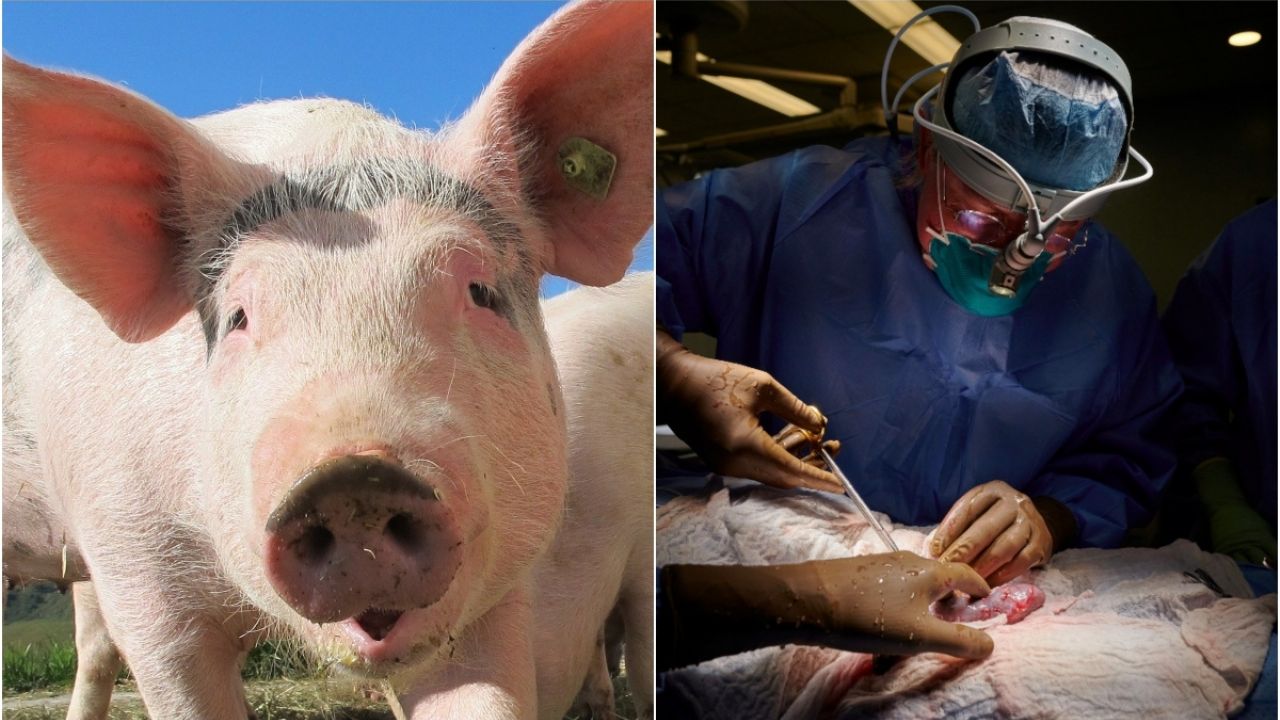
In a historical event, surgeons succeeded transplanting the pig kidney into a human body for the first time without the patient’s immune system reporting any rejection of the organ. This medical breakthrough gives new hope to the community due to a severe shortage of human organs for donation.
The procedure was performed at NYU Langone Health from New York City, in the United States, where specialists managed to alter a pig’s genes so that their tissues no longer contain a known molecule for triggering an almost immediate rejection.
The patient who underwent this experiment was a brain-dead woman with signs of kidney dysfunction. According to the investigators, the family consented to the procedure before the life support was removed.
These were the results of the pig kidney in a human
For three days, the new kidney stuck to your blood vessels and was kept out of his body, allowing investigators access to him, doctors reported to Reuters.
The doctor Robert Montgomery, transplant surgeon and director of the study, assured that the function of the transplanted kidney was quite normal, since the amount of urine was the same as that of a human kidney and there was no rejection early or vigorous as in other cases where pig organs are placed on people.
The recipient’s abnormal creatinine level, an indicator of poor kidney function, returned to normal after transplantation, he said. Montgomery.
According to the United Network for Organ Sharing, in the United States, about 107 thousand people await organ transplants, with 90 thousand needing a kidneymeanwhile, the average waiting times for a kidney are three to five years.
The pig was genetically altered
To do this surgery, the doctor’s team Montgomery removed the pig’s gene for a carbohydrate that triggers rejection in the human body. It is a sugar or glucan molecule, called alpha-gal.
The genetically altered pig, called GalSafe, was developed by the unit United Therapeutics Corp Revivicor and had the approval of the Food and Drug Administration (FDA) in 2020, for use as food for people with meat allergy and as a potential source of human therapeutics.
KEEP READING:
IMSS performs 1,69 transplants thanks to 371 cadaveric donations in 2021



